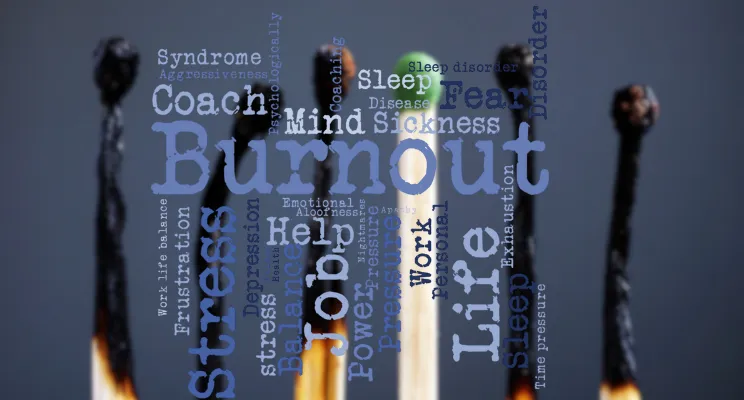
Burnout Isn’t Personal It’s Cultural
I have sat across from leaders who built companies from nothing. I have coached executive teams who push hard every single week. And I have seen the silent crash that follows the constant drive to stay strong.
They call it burnout.
But what I’ve learned over the years is this burnout is not always about the individual. It’s often about the culture that surrounds them.
When you carry the weight of expectations, deadlines, team needs, and vision without pause, the body eventually speaks. You start forgetting things. You feel foggy in the head. You stop sleeping well. You feel guilty for taking a break. You snap at people. You start to resent the work you used to love.
This does not happen overnight.
And it is not a sign of weakness.
It is a symptom of a system that never stops to breathe.
We need to stop asking, “Why can’t this person handle the pressure?”
And start asking, “What is happening in this environment that makes this kind of pressure feel normal?”
Teams Are Not Machines
A team is made up of human beings. Each one has a nervous system, emotions, family responsibilities, and a life outside the screen or the meeting room. When the team is stretched constantly with no space to reflect, no margin to regroup, and no support to process what they’re facing, something gives way.
We tell ourselves that stress is part of the job and it is but there is a difference between pressure and damage. Pressure can grow people. Damage breaks them down.
Most cultures don’t intend to create burnout. It happens slowly. It starts with urgency. Then long hours become normal. Then check-ins become only about tasks. Then people stop talking about how they really feel. Then people begin to disappear mentally first, then physically. Some leave. Some stay but disconnect.
The culture has now become a place where performance is more important than people. And that is not sustainable.
Leadership Sets the Temperature
Culture is not what you say. It’s what you do. The leader is the one who sets the emotional tone of the team. If the leader never takes a break, the team learns that rest is weakness. If the leader avoids real conversations, the team learns that emotions are unprofessional. If the leader celebrates results and ignores people, the team learns that their worth is measured only by what they produce.
Every meeting, every message, every moment you are teaching your team how to treat themselves and how to treat each other.
You cannot fix burnout with more strategy. You fix burnout with permission. You build a culture where people can breathe, where they are allowed to say “I’m not okay” without fear, and where slowing down is not seen as falling behind.
Creating a Culture That Supports Energy
Burnout prevention is not a campaign. It is a habit. It is in the daily decisions.
Here is what strong cultures do differently:
They ask real questions.
They listen before they fix.
They name the hard stuff.
They protect recovery time.
They create moments of pause, not just for holidays, but inside the workweek.
They model healthy ambition not hustle without rest.
In my own team, we learned to check in with each other not just with “What are you working on?” but “How are you feeling today?” We built in breathing room before big launches. Our weekly check-in meetings are on Mondays, and the 1st question is how everyone’s weekend was. We go around and talk about our personal lives how the weekend was the good and bad for about 30 minutes making sure everyone gets a moment to share. This is not to be in people’s business but its to build a culture of “we care more about you not just what you can do in the team”. These are small decisions. But they carry a message: You matter.
The Risk of Pretending It’s Personal
If a leader tells a burned-out team member, “Maybe you need to manage your time better,” they are missing the point. Burnout is often not about time. It is about how safe people feel to pause. It is about how much permission they feel to ask for help.
The moment you treat burnout as a personal flaw; you start to lose trust. You create shame. And shame blocks recovery.
Strong teams are not always happy, but they are honest. They allow the truth to rise, they make room for emotion, and they give space for recalibration.
Moving Forward Starts with You
If you’re reading this and your team is tired, stretched, or starting to show signs of burnout, ask yourself:
What are we rewarding?
What are we ignoring?
What would happen if someone said, “I need rest?”
These answers will tell you everything about your culture.
You don’t need to be perfect. But you do need to lead with awareness.
You can have high standards and still care deeply for your people. You can move fast and still protect space to breathe. You can be a strong leader and still be gentle with your team.
It starts with the questions you ask, the tone you set, and the permission you give.
Burnout is not the price of ambition.
It is the result of imbalance.
And you, as a leader, have the power to shift the balance.
